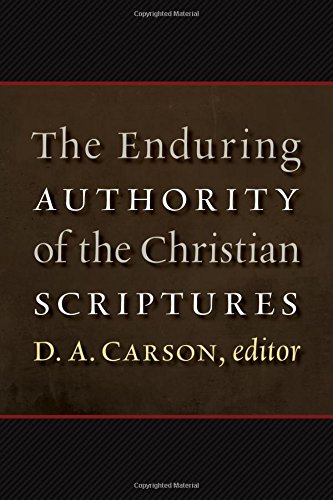A Brief Book Summary from Books At a Glance
Editor’s Note: Today we continue our series of “bonus” summaries covering all thirty-six chapters of the monumental volume, The Enduring Authority of the Christian Scriptures (D.A. Carson, ed.).
Chapter 26: Non-Foundational Epistemologies and the Truth of Scripture
R. Scott Smith
(Summarized by Danny McDonald)
Evangelical theologians, scholars, and pastors have commonly understood Scripture as the foundation for all knowledge. Scripture is infallible and inerrant, and is authoritative as God’s very Word. This high view of Scripture fits into the broader epistemological view of foundationalism. Yet, as modernity gives way to postmodernity, a growing number of Christian thinkers are criticizing foundationalism for its claim that one can know universal truths objectively and certainly.
Various non-foundational epistemologies have been offered to replace modernity’s foundationalism, particularly coherentism. Smith observes, however, that other alternatives to foundationalism have surfaced recently—alternatives he identifies as postfoundational, with two main branches. One group—consisting of LeRon Shults, James K. A. Smith, and Merold Westphal—embraces continental philosophy (as with Heidegger and Derrida) and seek to reunite epistemology with hermeneutics. In particular, Shults limits knowledge of reality by emphasizing the knower’s temporal constraints. By his account, Scripture is true eschatologically, but not. . .
[To continue reading this summary, please see below....]The remainder of this article is premium content. Become a member to continue reading.
Already have an account? Sign In
